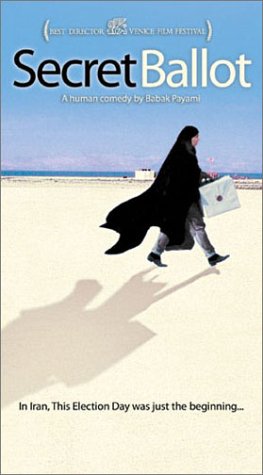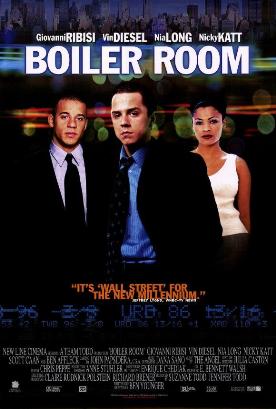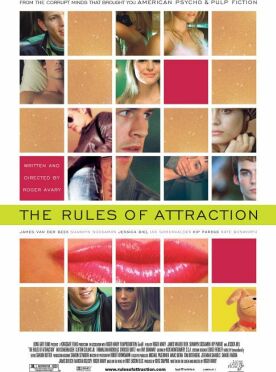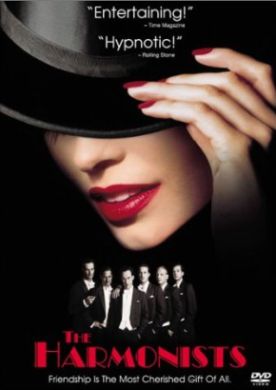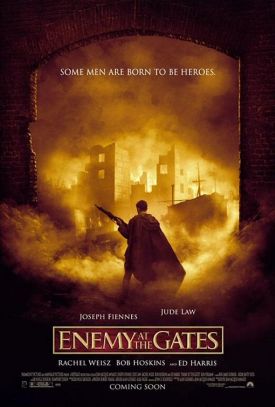Secret Ballot (Raye makhfi)
Secret Ballot (Raye makhfi) is, like nearly every Iranian film I have ever seen, visually mesmerizing. Perhaps Iran itself is like this, people as well as landscape. The film tends to the didactic, perhaps even seeing itself in terms of a vehicle of progress and enlightenment in the Iran of the mullahs. But the writer/director, Babak Payami, is interested not only in the struggle of nascent democratic impulses in an Iran that has been returned, at least in terms of its official culture, to the middle ages, but also in the comic inadequacy of Western ideas of democracy to make much impact on the medieval lives lived by many ordinary Iranians.
Two soldiers guard a coastline on the island of Kish in the Persian Gulf. They are the representatives of officialdom here and their main job is catching (or, more likely, scaring away) smugglers. Most of the people on the island don’t even speak Farsi. The two soldiers live as Cox and Box, one taking the sole bed while the other is on patrol. One morning a plane drops a wooden crate, inside of which is a ballot box and an instruction to the soldiers that one of them is to act as escort to the election agent who will arrive that day at 8:00.
They get the message at 8:15. There is no agent. “Nothing ever happens on time,” says one of the soldiers.
When the agent finally arrives, it turns out to be a woman (Nassim Abdi) much to the surprise and disgust of the soldier (Cyrus Abidi) who is on duty for the day shift. “This order is no good,” he tells her. “It says an ‘agent’ will come, not a woman. They should have sent a man.”
Nevertheless, he has enough of a sense of his duty, even to a woman, that he has soon got out the garrison’s decrepit Volkswagen jeep to drive the agent to the remoter parts of the island in order to persuade people to vote.
There follow several comic encounters with the people of the island, who know little or nothing about democratic procedures. Though the agent is naturally the spokesman for the modernizing tendency, even she must eventually come to terms with the limits of political power to make changes in people’s lives, or to allow them to control their own destiny. Some such lesson is implied, anyway, when the soldier comes to a lonely stop-light in the middle of the desert. It is red, and he stops. When it becomes clear that no other traffic is or could be coming and that, even if it did, he is the only authority on the island, the agent tries to persuade him to go through the light, but he insists that the rules must be followed.
“There are no rules out here,” she insists, worried about getting back to the point where she is to be picked up at 5:00 sharp and no later.
The soldier is indignant, pointing out that she is the representative of law and authority and obeying the rules: “And now you want to break the rules yourself!” he says.
“But law means nothing here,” she tries to reason with him. “That thing,” she says, pointing to the stoplight, “is a mistake. It shouldn’t even be here!”
“But you can see it is red,” says the soldier.
Resignedly, she gets back in jeep to wait. Almost as soon as she does, the soldier goes through the light. “But the light is still red,” she says to him.
The soldier says nothing for a moment, then replies: “I thought it had been repaired; but it’s still broken.”
We are invited to laugh not just at the incompetent government of the mullahs in Teheran that can’t even put a working stoplight where it will do any good — though that rather daring implication, too, is present here. Under the surface, there is a deeper skepticism about the ability of politics of any kind or any place to change the lives of ordinary people for the better. All the lives on this remote island will doubtless go on very much as they always have done no matter who is elected. And yet there is an element of hope as well. When, at the end of the day, the soldier himself votes, he writes the agent’s name on his ballot. “But I’m not a candidate,” she insists.
“I thought it was a secret ballot,” says the soldier, again a stickler for the rules. But he also explains: he didn’t know any of the people whose names were on the ballot. “I only know you,” he tells her. But it is enough to make this avatar of the pre-political and agricultural life of non-metropolitan Iran take heart that maybe, after all, politics might be good for something.
Discover more from James Bowman
Subscribe to get the latest posts to your email.

